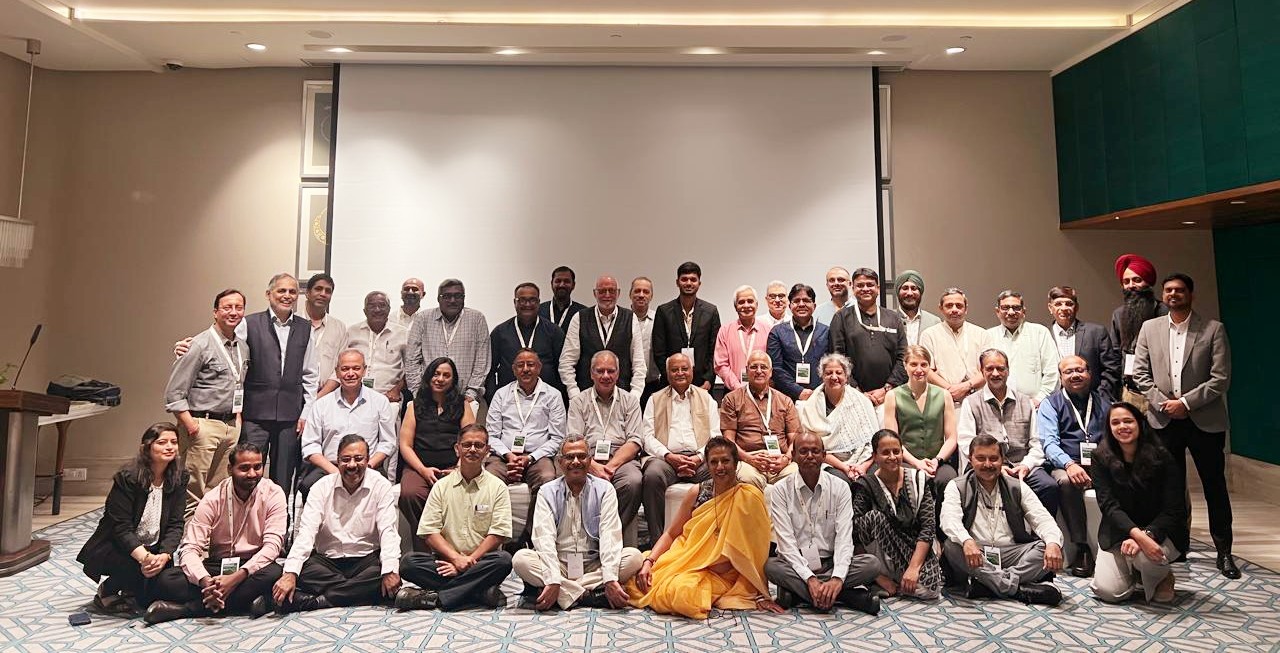Building Crop Resilience in the Face of Climate Change
“Plant breeders can use emerging technologies in information science and biotechnology when devising breeding strategies to develop improved cultivars, which can meet the challenges of climate change,” said Dr CL Laxmipathi Gowda, Co-founder of GRSV Consulting Services. Crop husbandry or crop management practices are equally important in enhancing crop resilience to climate change, he said.
He was speaking on “Developing Climate-smart Nutri-cereals with Futuristic Breeding Strategies” at the Agri-Science SpARC (Special Academic Research Cooperatives) Meeting, organised by the iGNITE Life Science Foundation (www.ignitelsf.com), in partnership with ITC Ltd.(www.itcportal.com), during 27-29 April 2025 at Hotel Kohenur, Hyderabad.
The main theme of the meeting was enhancing crop resilience to help them adapt and mitigate the effects of climate change, especially in the context of Indian Agriculture.
A total of 35 scientists from various areas of research, as well as farmer representatives and senior management from the IGNITE and ITC, participated in the discussions. Salient features of discussions in four focussed groups were presented as summaries in the plenary session. The groups discussed: (i) Climate change and its impact on agriculture; (ii) Adaptation to biotic and abiotic stresses; (iii) Mitigation of climate change; and (iv) Nutrition for the needy.
Climate change is a major challenge to global food and nutrition security. As per the World Meteorological Organization’s (WMO) State of the Global Climate Report (2024), the past decade has been the hottest one on record, with a 1.5°C rise in temperature above that of the pre-industrial era (1850-1900). The unpredictability of climate change events (warmer temperatures, extreme events of droughts, floods, etc.) leaves little room for farmers and policymakers to avoid reduced food production and resultant economic losses. This also severely affects food and nutrition security, especially for the vulnerable sections of society.
Enhancing crop productivity to meet the challenges of climate change is, therefore, of urgent relevance to agricultural researchers. Scientists need to both (1) develop improved crop varieties adapted to climate change and (2) develop them faster, along with changing crop management practices to ensure crop resilience, so that crop productivity can keep abreast of the increasing need for food and nutrition security.
It is expected that IGNITE Life Science Foundation will synthesize the discussions, and identify future research opportunities ranging from genes and trait development to farming systems, climate resilience, enabling technologies, and policies.
Note: See our section on Papers and Presentations for the PDF version of Dr Gowda’s presentation

